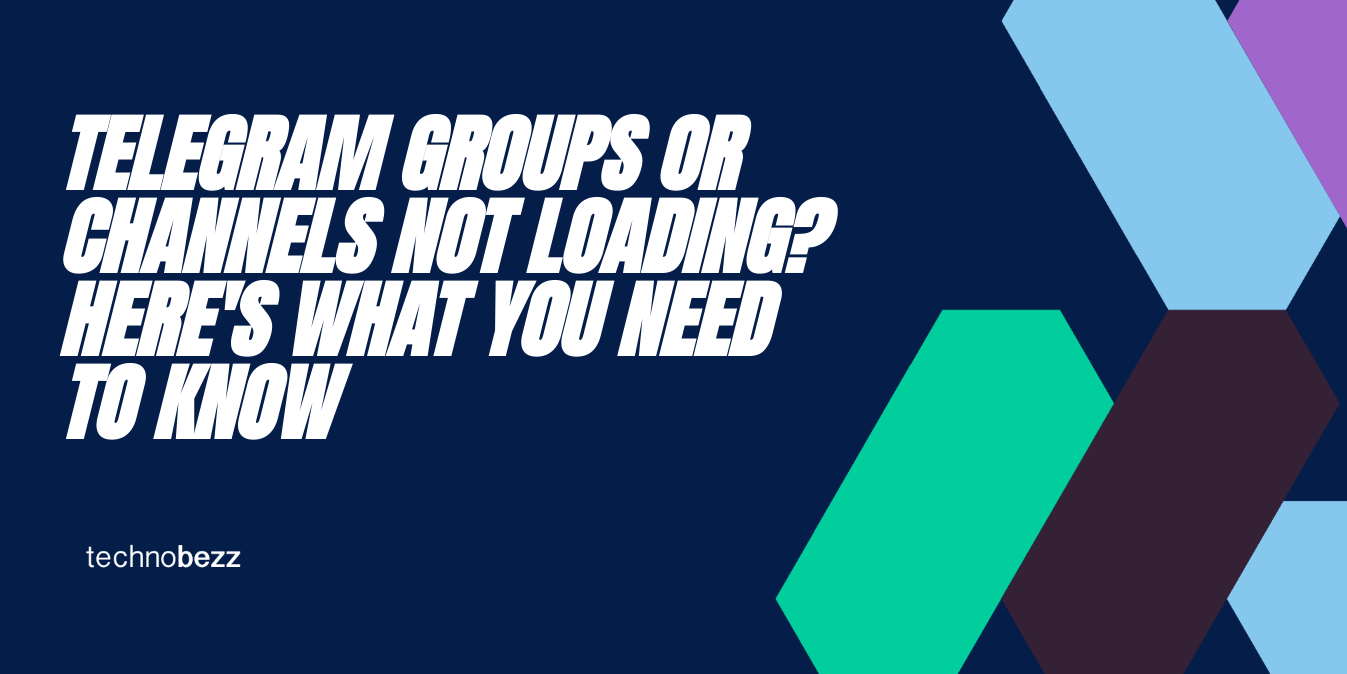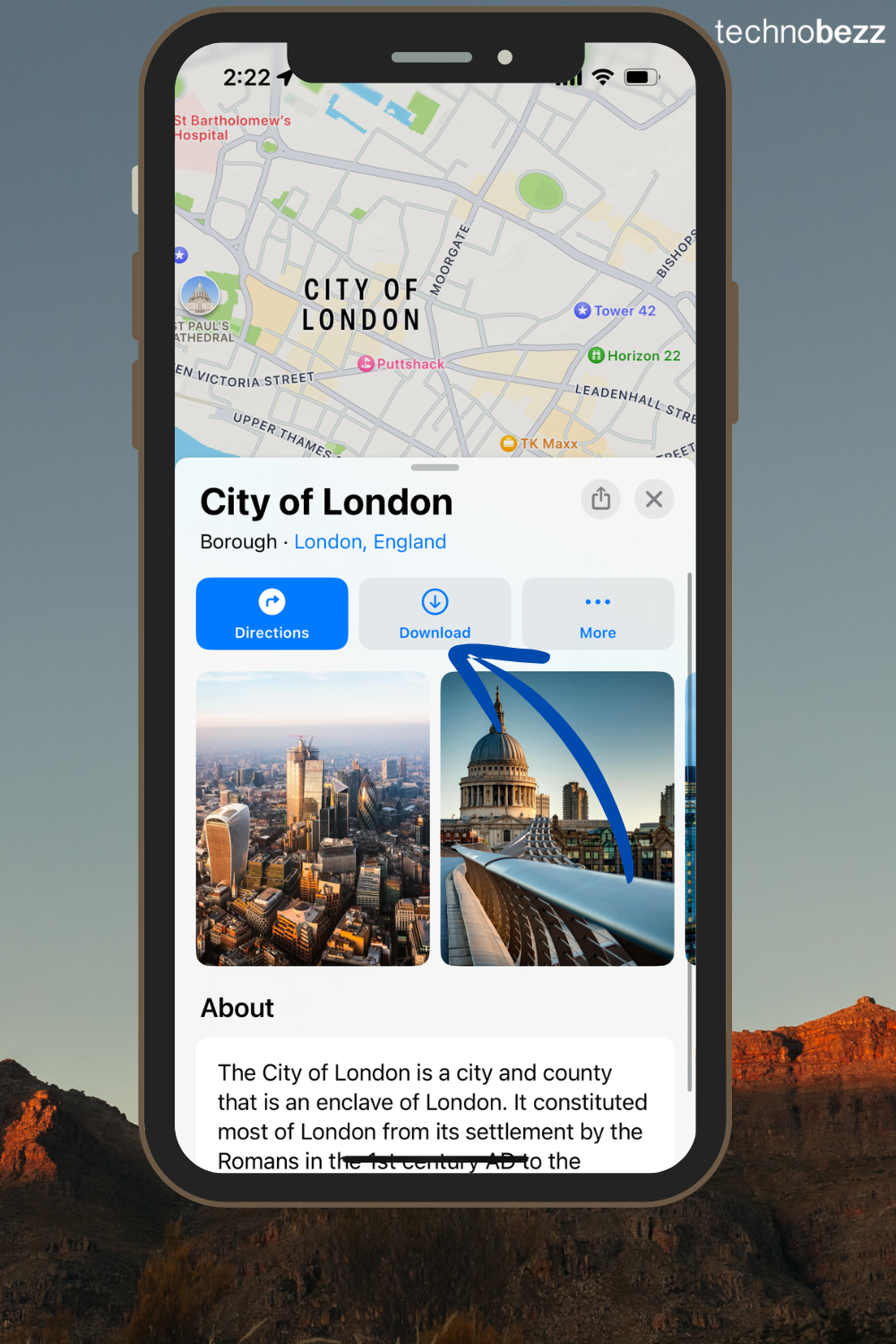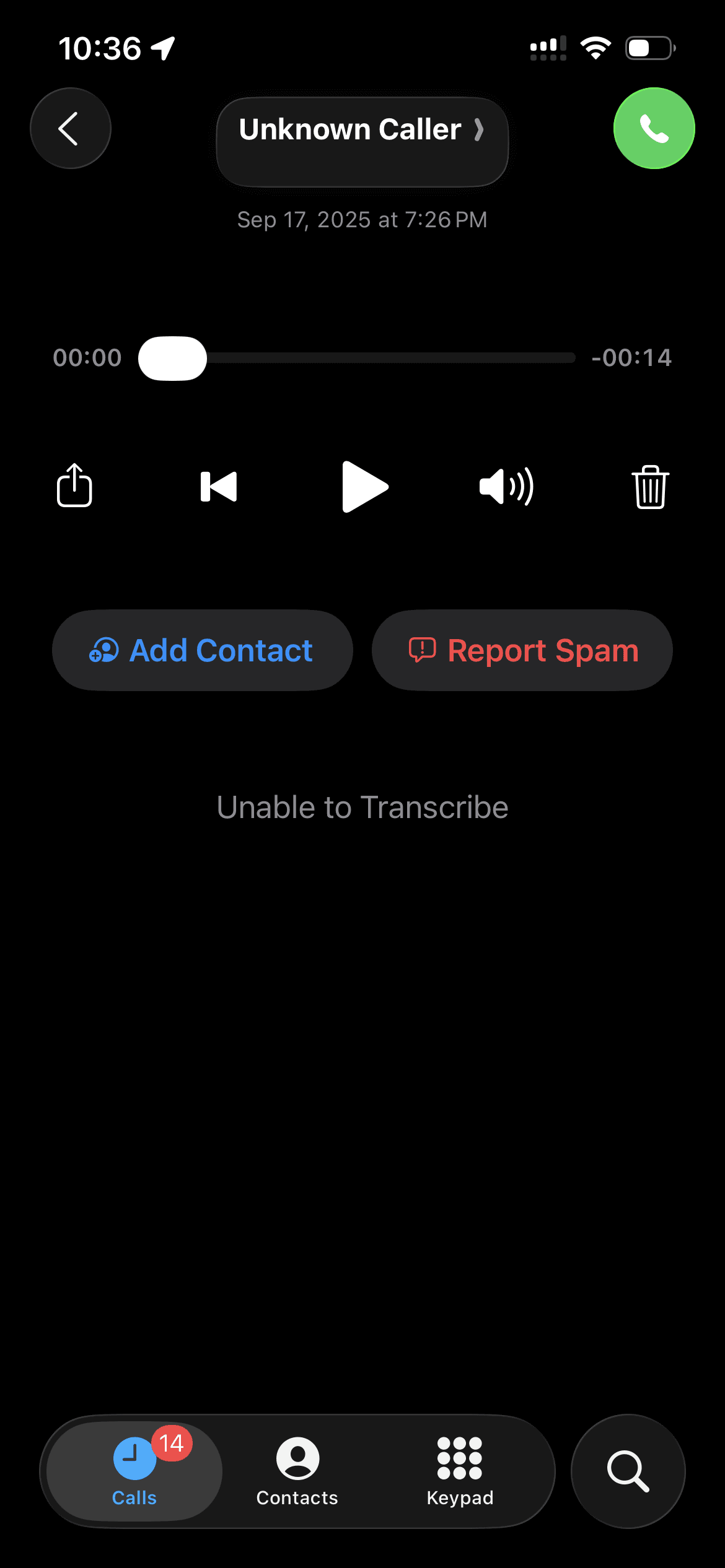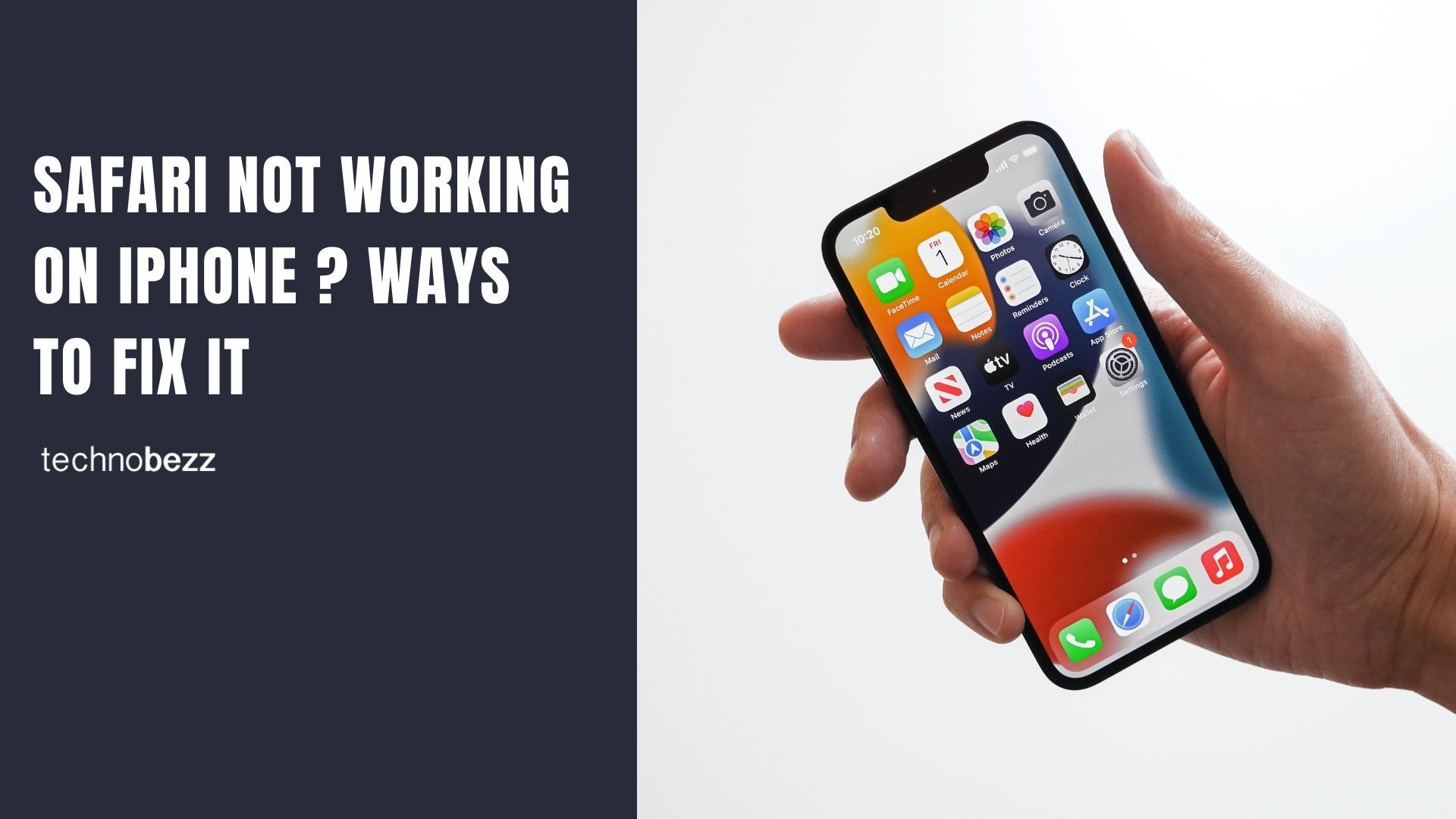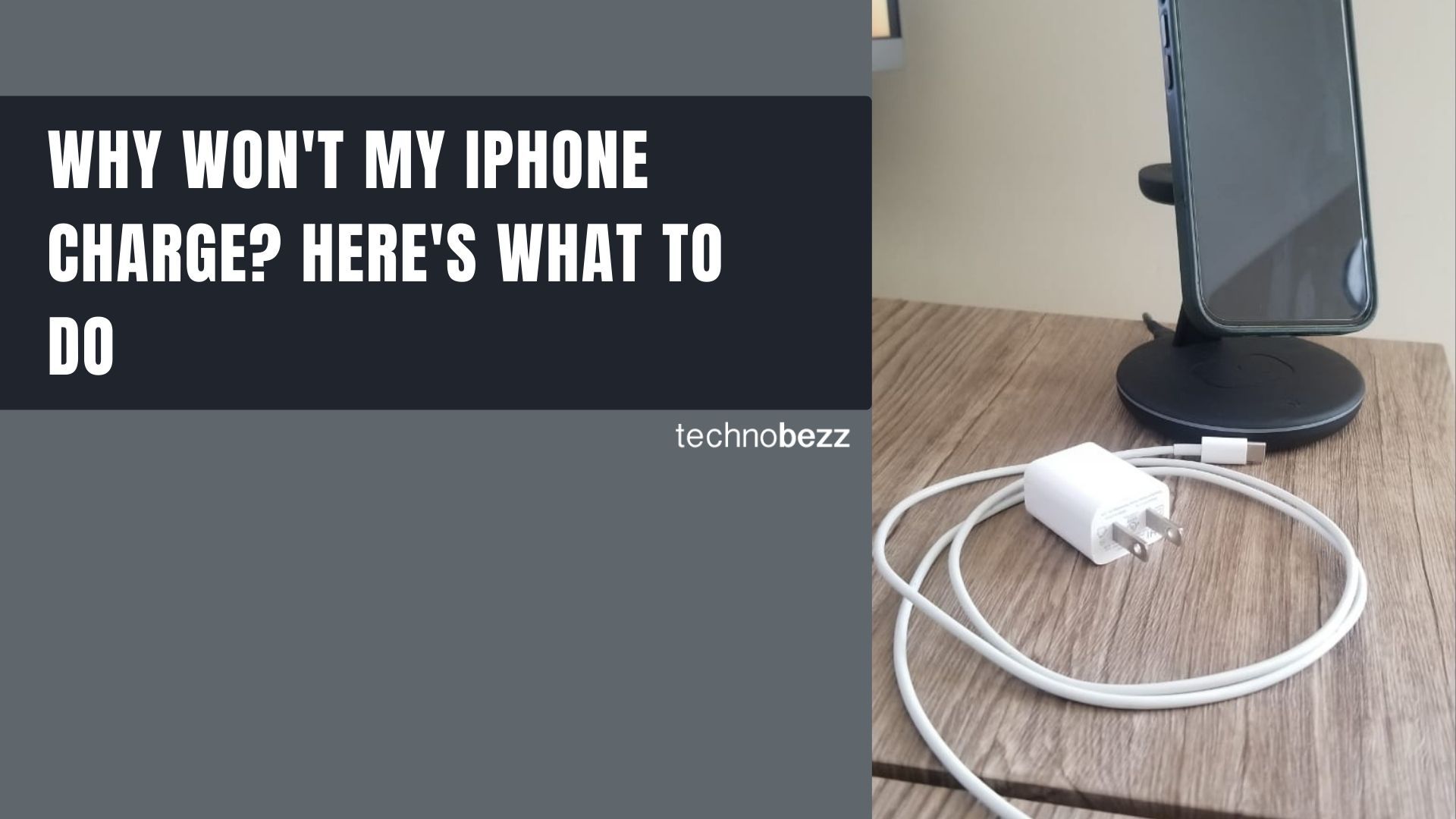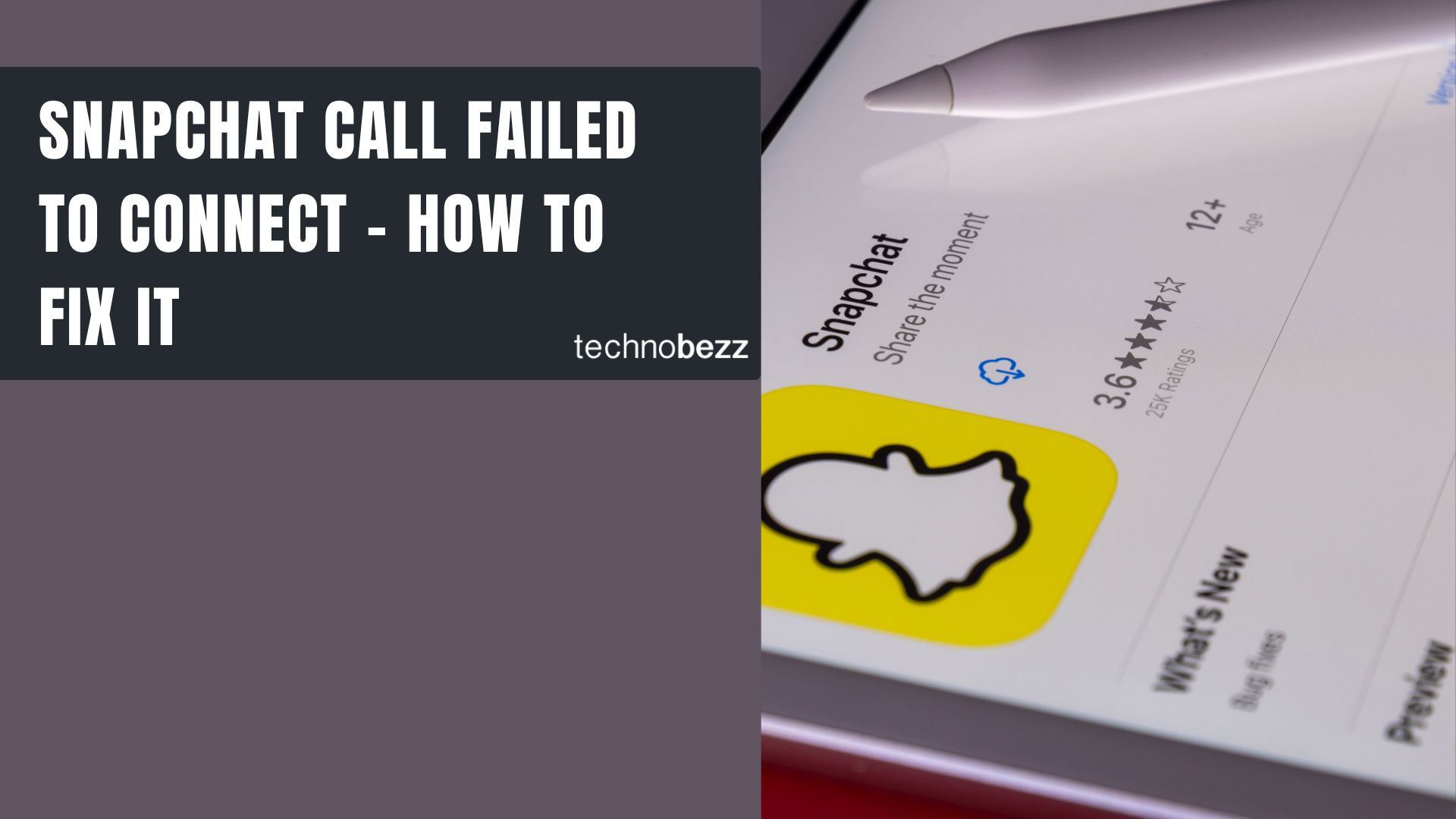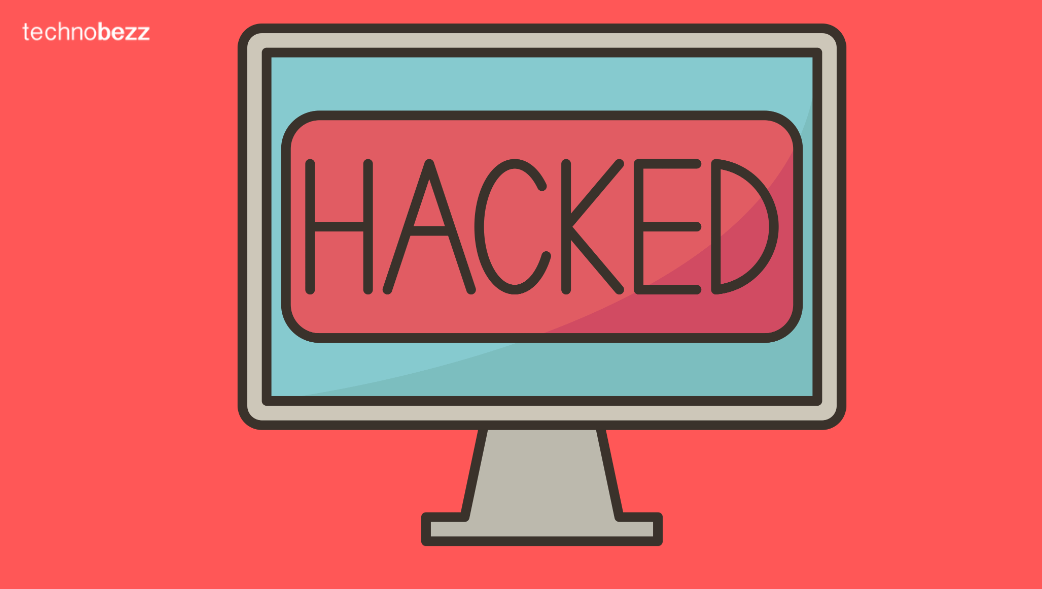Telegram is a popular messaging app that lets you create groups and channels for different purposes, but sometimes you might run into issues where they won't load properly. This can be frustrating when you're trying to access important information or connect with your community.
Common Loading Problems and Error Messages
When Telegram groups or channels won't load, you might see various error messages that give you clues about what's going wrong:
- "This channel can't be displayed"
- "Sorry, this content isn't available right now"
- "Connecting..." or "Waiting for network"
- "No internet connection"
- "Telegram is not responding"
These messages usually point to problems with your device, internet connection, or Telegram's servers.
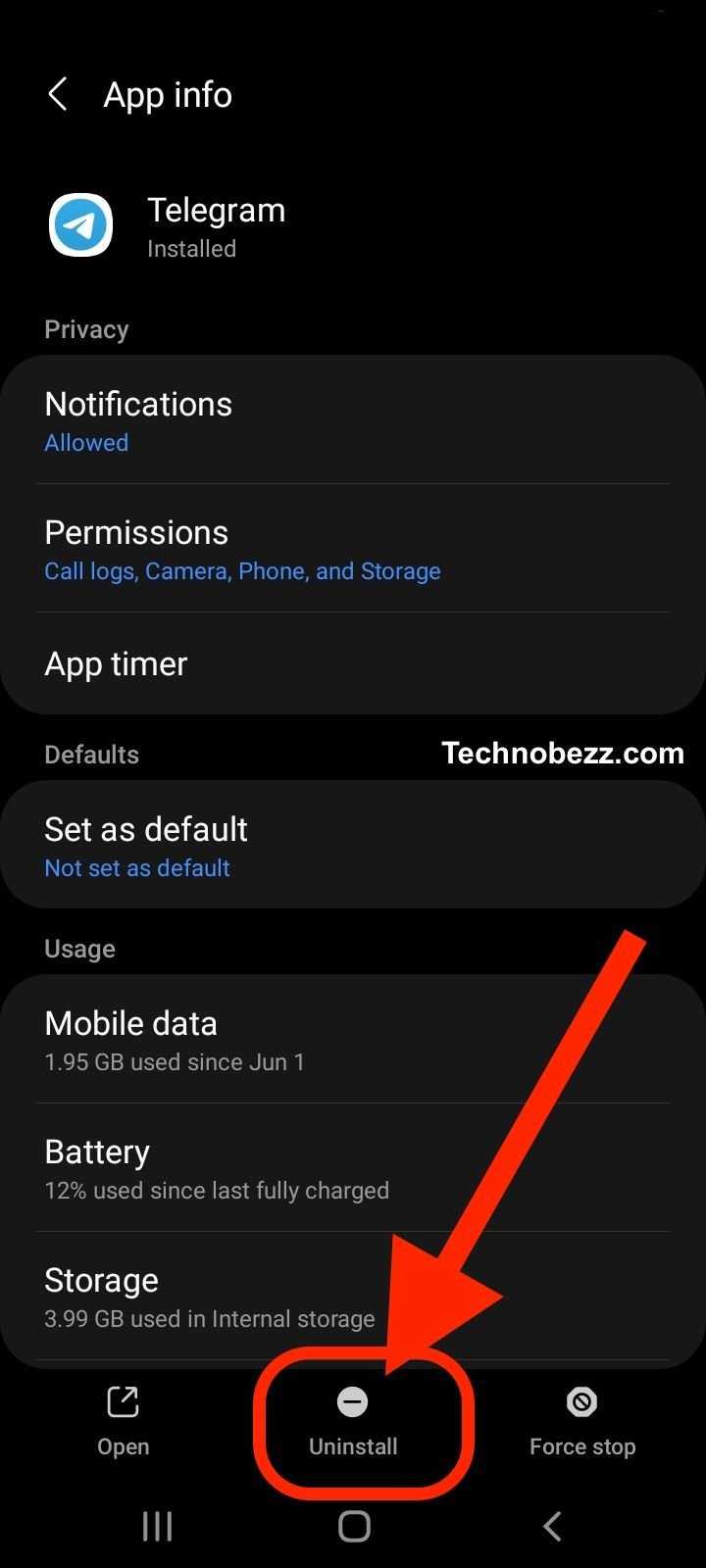
Quick Fixes to Try First
Before diving into more complex solutions, start with these basic troubleshooting steps:
- 1.Check your internet connection - Switch between Wi-Fi and mobile data to see if the problem persists
- 2.Restart the Telegram app - Close it completely and reopen it
- 3.Restart your router - A quick router restart often fixes connectivity issues
- 4.Check Telegram's server status - Visit sites like Downdetector to see if there are widespread outages
Update and Refresh Your Telegram App
Outdated versions of Telegram can have bugs or compatibility issues that cause loading problems. Make sure you're running the latest version:
- Mobile apps: Check your device's app store for updates
- Telegram Desktop: Look for the "Update Telegram" button in the app interface
- Linux systems: Use your package manager (like `sudo snap refresh` or `sudo dnf update --refresh`)
If you're still having issues after updating, try clearing the app's cache and data, or uninstalling and reinstalling the app.
VPN and Proxy Settings
VPNs and proxy services can sometimes interfere with Telegram's connections:
- Try disabling your VPN or proxy temporarily
- If that works, try switching to a different server location
- Some VPN servers might be blocked by Telegram, so changing locations can help
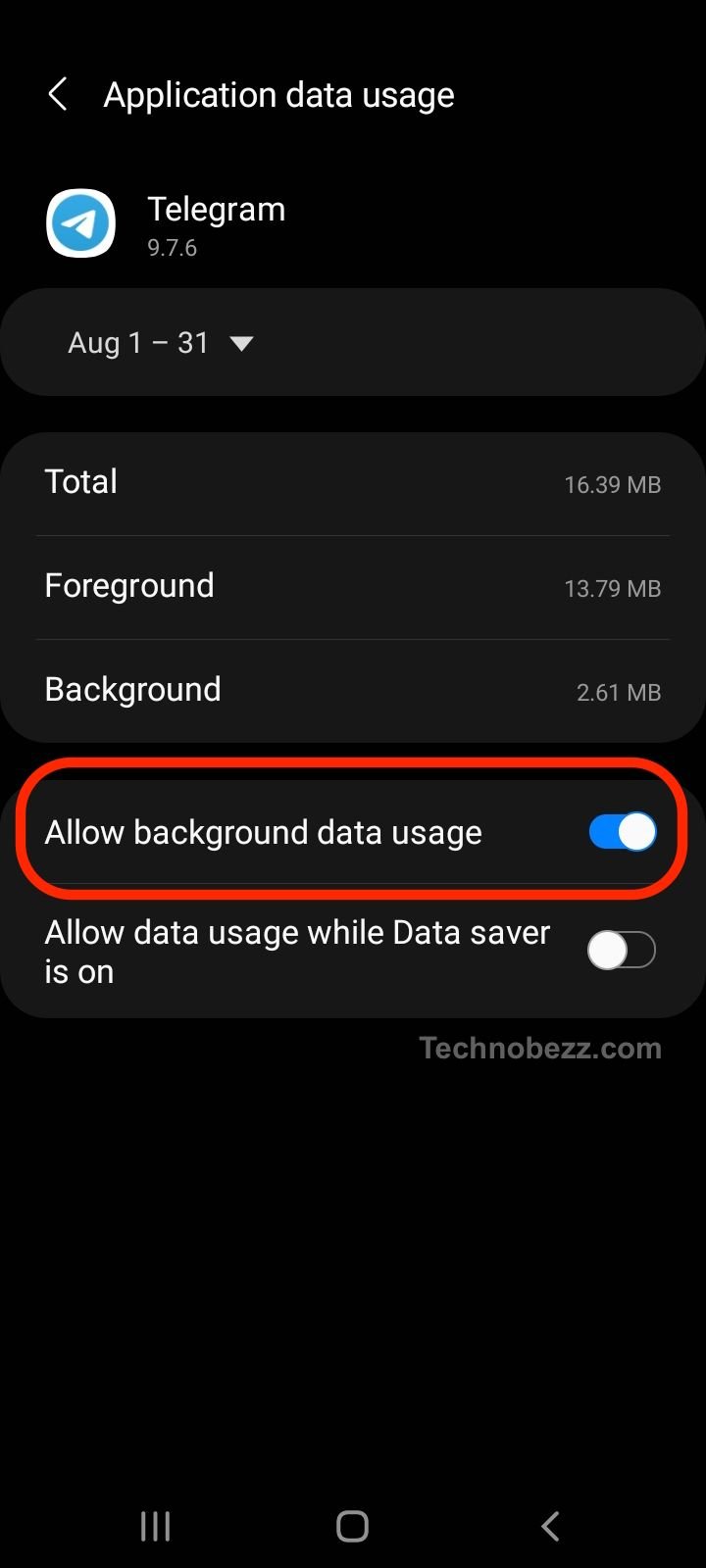
Network and Connectivity Solutions
Check Content Filtering Settings
If you have content filtering enabled, it might be blocking Telegram's connections:
- iOS: Go to Settings > Screen Time > Content & Privacy Restrictions > Content Restrictions > Web Content > Limit Adult Websites > Off
- Android: Go to Settings > Apps & notifications > See all apps > Telegram > Data usage > Background data > On
IPv6 Connectivity Issues
Some users report problems with IPv6 connectivity affecting Telegram. If you're experiencing timeouts, try:
- Forcing IPv4 connections instead
- Checking your router's IPv6 settings
- Using a different network to test if the issue persists
Using Telegram Web and Desktop Versions
If the mobile app continues to have problems, try using Telegram through other platforms:
- Telegram Web - Access through any web browser at web.telegram.org
- Telegram Desktop - Download the standalone program for your computer
These alternatives can help you access your groups and channels when the mobile app isn't working properly, plus they offer the convenience of using Telegram on a larger screen with a full keyboard.
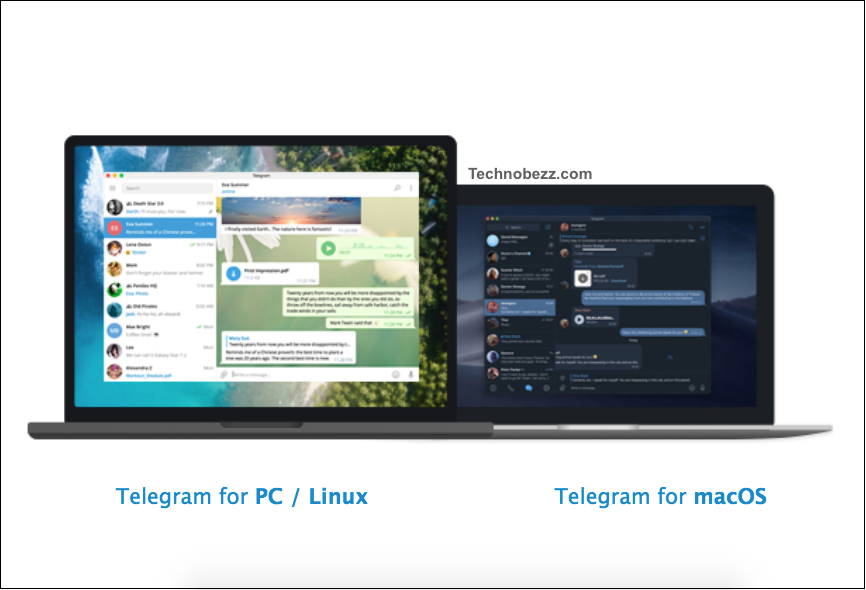
Advanced Troubleshooting
If none of the basic solutions work, consider these more advanced options:
- Clear app cache and data - This removes temporary files that might be causing issues
- Check for conflicting apps - Other apps on your device might be interfering with Telegram
- Try from a different device - Test if the problem is specific to one device
- Contact Telegram support - For persistent issues, reach out to Telegram's official support channels
Remember that loading issues are usually temporary and can be resolved with the right troubleshooting approach. Start with the simplest solutions first and work your way through the more complex ones until you find what works for your situation.



